A staggering 31% of the U.S. population retain their old computers, unused electronic devices like laptops and printers, according to a recent CNET survey. This is mostly because they do not know how to dispose of these electronics correctly. The survey discovered that 19% of the U.S. population dispose of old devices in the garbage. This action is actually illegal in many states, resulting in costly fines. However, 29% of the population in the United States use a recycling service to deal with old electronic devices.
Why Free Electronics Recycling Matters
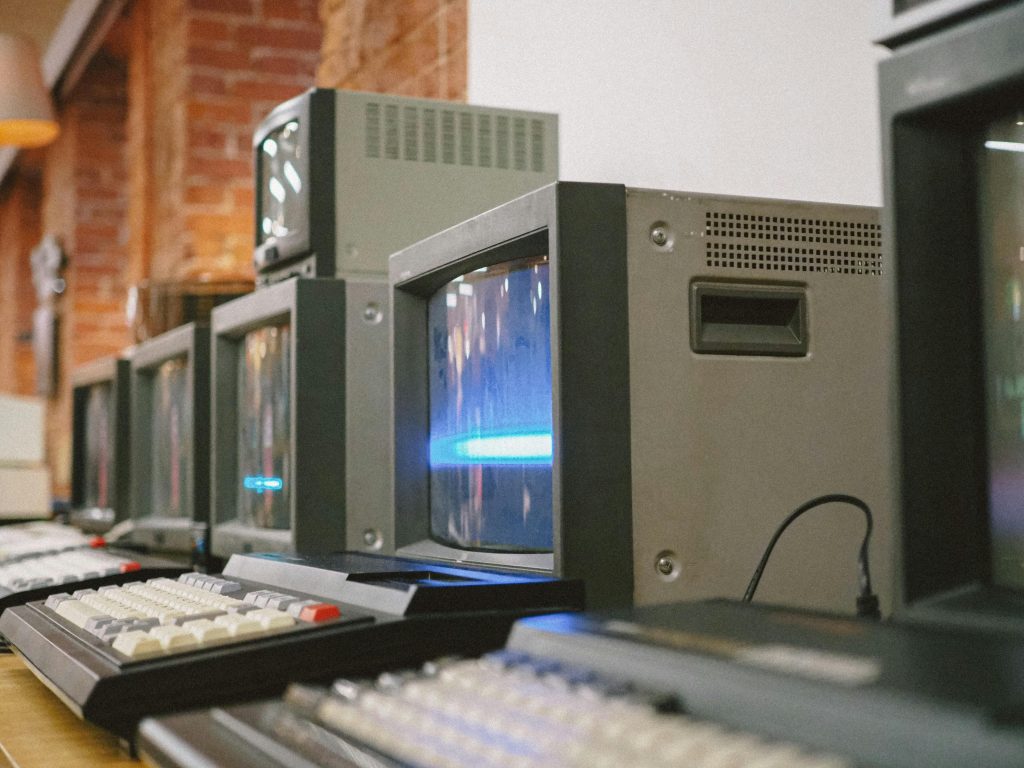
Recycling your old tech frees up space in your home while protecting the environment. Every recycled device keeps harmful materials out of landfills and recovers valuable resources for new products. This creates a win-win situation for consumers and the planet.
Free electronics recycling programs solve this problem by making disposal easy and responsible. Major retailers like Best Buy, Staples, and Office Depot accept old tech regardless of where you bought it. Some stores even offer credit or rewards for bringing in your devices.
Read More: How Big Oil Misled The Public Into Believing Plastic Would Be Recycled
What You Need to Know Before Recycling
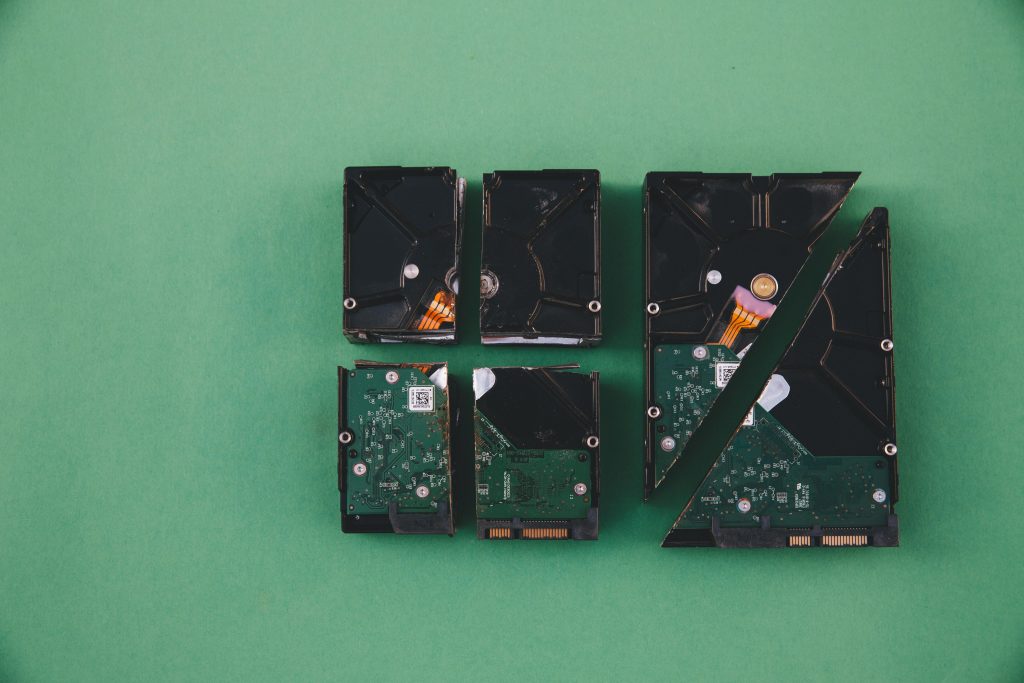
Retaining and backing up your data should be the first procedure before you recycle your devices. Back up any important files before wiping your device completely. Save photos, documents, and other valuable data to cloud storage or an external drive.
This prevents the loss of important information during the recycling process. Personal information, passwords, and sensitive files can remain on hard drives even after you delete them. Performing a factory reset removes most of this data and protects your privacy. Consider whether your device might have trade-in value before recycling it. Working computers and printers can sometimes earn you store credit or cash through trade-in programs.
Best Buy
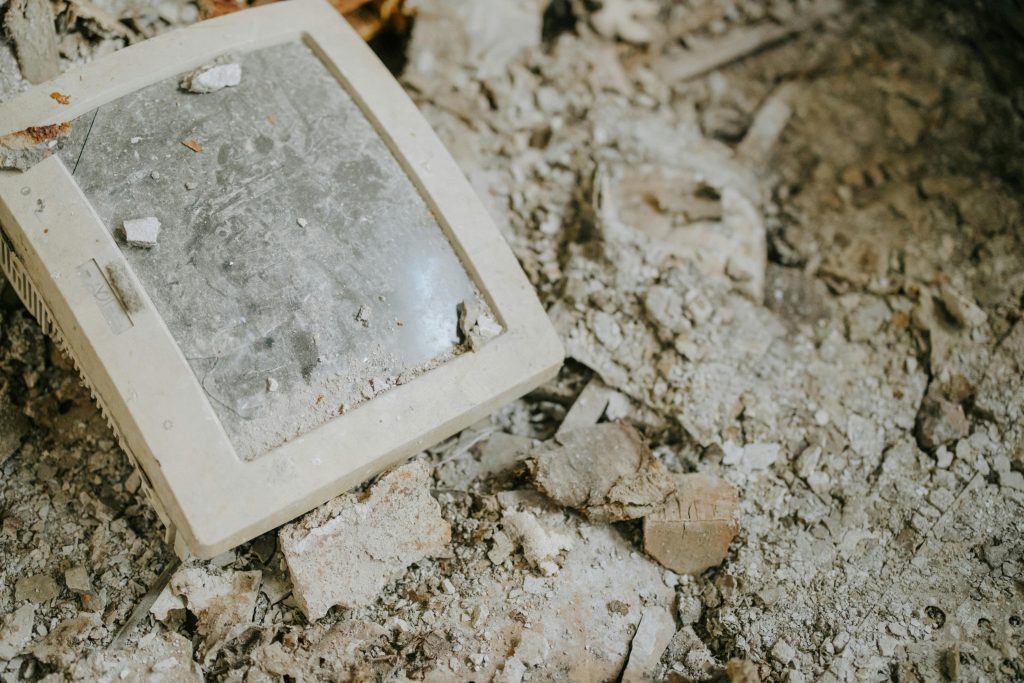
The retailer accepts up to 3 household items per household per day for recycling. This includes desktop computers, printers, and many other electronic devices. Laptops are sought after; therefore, Best Buy will take 5 of them per day instead of the standard 3. The program accepts devices regardless of brand or where you purchased them originally.
The store also offers a mail-in recycling service for customers who cannot visit a physical location. Small boxes cost $23 and hold up to 6 pounds, while large boxes cost $30 and hold up to 15 pounds. This option provides convenience for those without nearby stores.
Staples
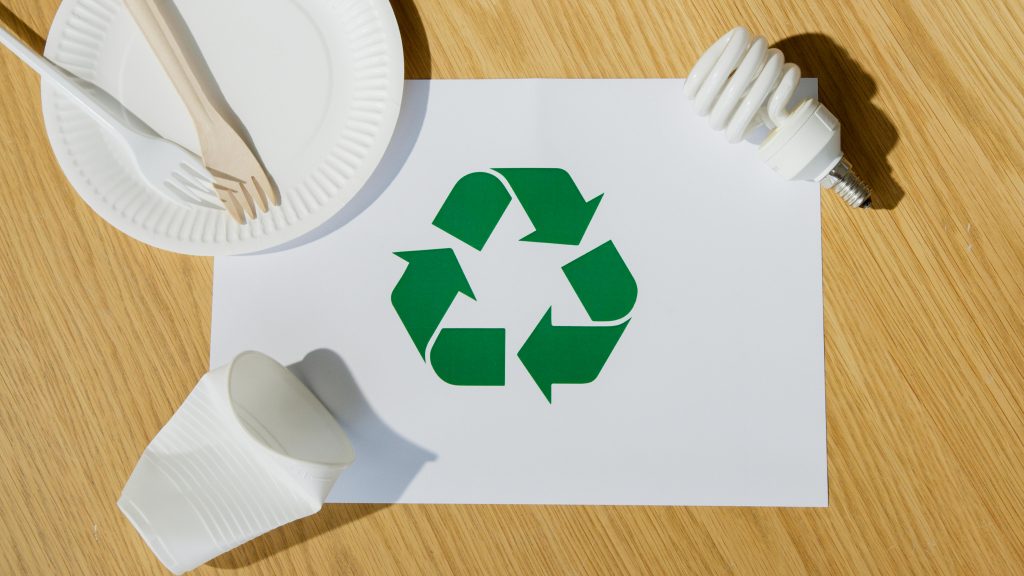
While they offer free electronics recycling, Staples also provides valuable incentives for customers. You can bring old desktop computers, laptops, printers, and more to any Staples checkout counter for recycling. The program accepts devices regardless of brand or purchase location.
Staples incentivises its customers by offering $5 in-store credit for each device you recycle. They also provide $2 credit for each ink or toner cartridge you bring in. Staples has expanded its recycling program to include batteries with great success. Their free at-home battery recycling box has led customers to recycle thousands of batteries per week.
Read More: Mexican Engineer Uses Recycled Plastic to Build Earthquake Resistant Houses
Office Depot and OfficeMax
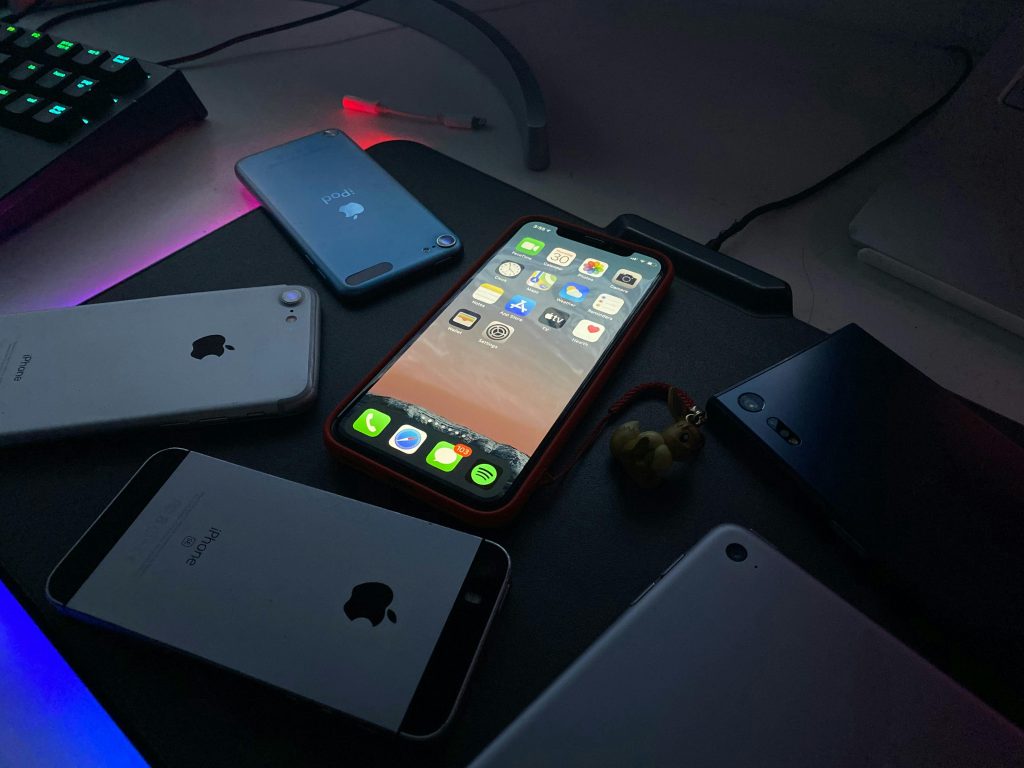
Office Depot and OfficeMax merged in 2013 and created a joint recycling venture. They offer both trade-in opportunities and free recycling services for old computers and printers. The trade-in program may provide store gift cards for devices with remaining value. When devices have no trade-in value, the company recycles them for free. This ensures that even broken or outdated electronics find proper disposal.
Apple Store
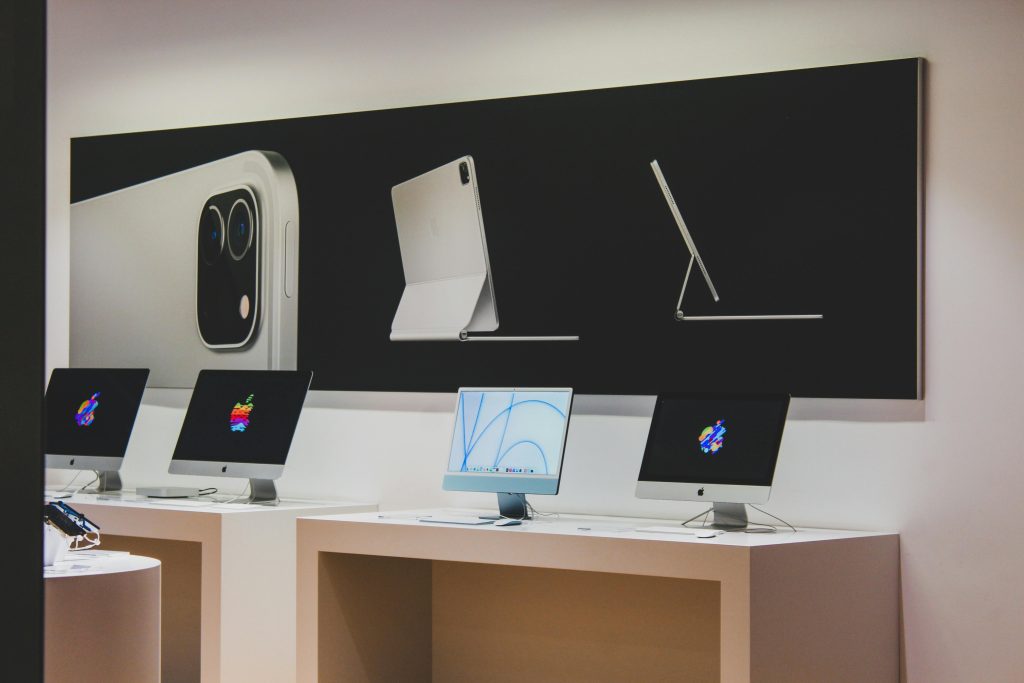
The Apple Free Recycling programs offers recycling for qualifying Apple computers, monitors, and peripherals at their retail stores. However, the Apple Free Recycling program requires a purchase of an Apple computer or monitor to receive this service. Certain stores offer trade-ins for qualifying products as a discount on your next purchase from the Apple store.
Alternative options exist for Apple device recycling without you purchasing an Apple product. Third-party companies like Gazelle buy old MacBooks for recycling purposes. They provide prepaid labels or boxes for shipping your device to them.
Read More: ‘Anti-Solar’ Cells Could Keep the Power Going at Night
Finding Local Electronics Recycling Centers

If access to electronic recycling centres is limited, Earth911 provides a comprehensive search tool for finding your local centres. Use their recycling center search function to locate facilities near your ZIP code that accept laptops, desktops, and printers. The results may include some locations that only accept mobile phones, so filtering is necessary.
The Consumer Technology Association offers the Greener Gadgets Recycle Locator for finding local recycling centers. This search function allows you to filter results separately for computers versus printers.
Tips for Safe and Effective Electronics Recycling
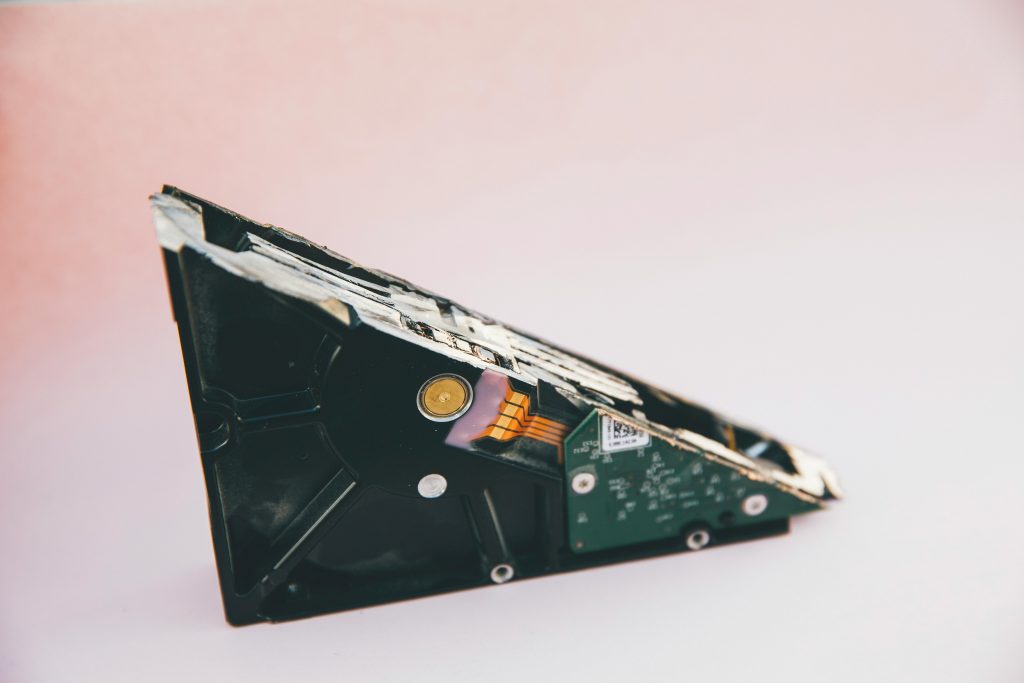
Always remove personal data before recycling any electronic device. Perform a factory reset on computers and mobile devices to protect your privacy. This prevents identity theft and keeps sensitive information secure during the recycling process.
Research the recycling facility or program before dropping off your electronics. Choose certified recyclers who follow environmental guidelines and properly handle hazardous materials. Avoid programs that may improperly dispose of electronics or export them to developing countries.
Remove batteries from devices when possible before recycling them. Many recycling programs handle batteries separately from other electronics. Some batteries require special handling due to their chemical composition and potential environmental impact.
Consider donation options for working electronics before choosing recycling. Non-profit organizations like Goodwill sometimes accept functioning devices for reuse. This extends the device’s life cycle and provides technology access to those in need while still keeping electronics out of landfills.
Read More: Planned Obsolescence: The Products You Buy are Designed to Break
